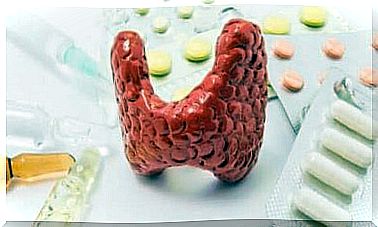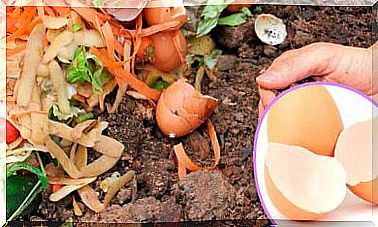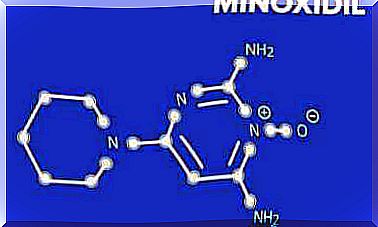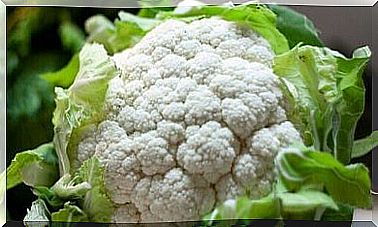Discover And Prevent Ovarian Cysts
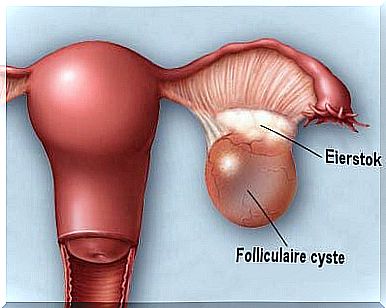
Cysts on the ovaries are often benign, but even though they often pose no health threat, it is important that they are treated quickly to prevent later complications. Cysts on the ovaries generally occur between puberty and menopause. However, after the transition, they are quite rare.
What are cysts?
A cyst is a cavity in the body that can be filled with air or fluid that is surrounded by cells or connective tissue and can form on the inside or outside of the ovaries.
Cysts form when the woman ovulates. During ovulation, a small follicle forms on one or both ovaries. Normally, it then dissolves back into the body. When the follicle does not burst for certain reasons, it can continue to grow as much as 6 centimeters. After that, the follicle becomes filled with air or fluid.
What causes a cyst?
There are different risk groups:
- Women with irregular menstrual cycles
- Women undergoing fertility treatments
- And finally: women who have a hormonal imbalance or suffer from other genetic disorders
How do you know if you have an ovarian cyst?
Often there are no symptoms in ovarian cysts. However, in some cases you will feel a sharp pain in the lower abdomen. When the cyst bursts or starts to bleed, it causes severe pain that must be treated right away. After all, the pain can lead to vaginal bleeding .
Another way to find out that you have an ovarian cyst is if you experience pain right before your period or during intercourse.
Other symptoms that can occur with ovarian cysts include:
- Nausea and vomiting
- Sensitive breasts
- Weight gain
- Problems urinating
- Swelling in the lower abdomen or around the pelvis
- Pain in the lower back or thighs
- A combination of pain, fever and vomiting
If you experience one or more of the above symptoms, it is important to consult your doctor. A pelvic exam will then be performed to determine if there is an ovarian cyst. If it is suspected that this is indeed the case, an ultrasound or MRI scan is often done to confirm this. In addition, a blood test will help determine whether the cyst should be removed or not.
How can you prevent ovarian cysts?
Below are some tips that can help you prevent ovarian cysts from forming.
A healthy diet

To treat or prevent ovarian cysts, your diet should be high in fiber and water. This will reduce the pressure in the lower abdomen. In addition, it is also wise to eat a lot of foods that are rich in vitamins and minerals, especially vitamins B and C and zinc.
A warm compress
If you experience lower abdominal pain, a cold or warm compress can reduce the swelling and discomfort.
Calming Herbal Tea

If there are symptoms such as swelling or pain in the lower abdomen, it is best to drink a tea of chamomile, mint or raspberry. These teas help relieve stress and have a calming effect. Ideal for drinking before going to sleep.
Water
Simply making a habit of drinking plenty of water will keep your body well hydrated, which can prevent ovarian cysts. It is recommended to drink at least 8 glasses of water a day.
dandelion tea

Dandelion is known for its diuretic properties, which help cleanse the liver, eliminate toxins and also improve hormone balance. This makes dandelion tea excellent for preventing the development of ovarian cysts.
Regular exercise
Regular exercise balances hormones, prevents abdominal pain and improves your overall health. Study shows that women who are physically active are less likely to have irregular menstrual cycles, which reduces the chance of developing ovarian cysts.



